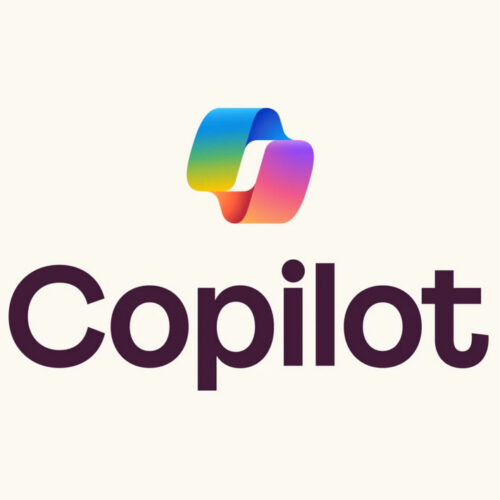The 2025 Mini Countryman SE: Whimsy doesn’t make up for annoying
For its third incarnation, the Mini Countryman now comes in an all-electric variant. The Countryman is Mini's take on the family car, a compact crossover with bold design both inside and out. At time when far too many automakers are supersizing their vehicles, Mini's offerings are still right-sized, even if the Countryman is a bit bigger than the model it replaces. But at times, you might be left feeling that style took preference over substance.
The previous Countryman was available with the brand's only plug-in hybrid powertrain, but Mini now only offers the Countryman with either an internal combustion engine or as a full battery electric vehicle. Consequently, the Countryman SE is a fair bit more expensive now, starting at $45,200 before any tariffs are taken into account.
Much of that money has gone to more lithium-ion—66.5 kWh in total (64.7 kWh useable), coupled to a pair of electric motors with a combined output of 308 hp (230 kW) and 364 lb-ft (494 Nm). That's sufficient for an EPA range estimate of 212 miles (341 km), although that might be a little on the conservative side. Based on the past few hundred miles, the test car we spent a week with averaged 3.4 miles/kWh (18.3 miles/kWh), which should allow for 220 miles (354 km) on a single charge, at least in good weather.


© Jonathan Gitlin


















